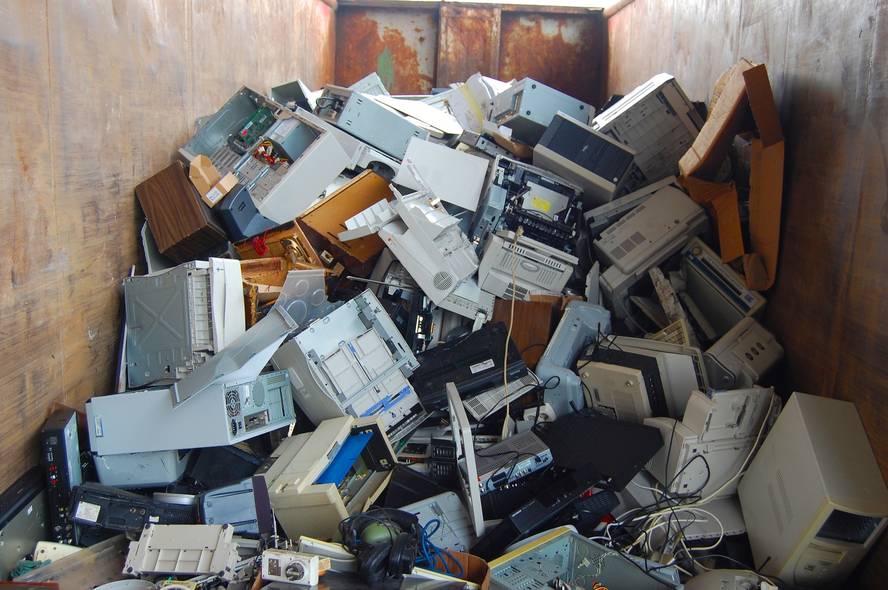The UN warns about the growth of electronic waste
Electronic waste generation is five times faster than recycling. This means a loss of money (the unrecovered materials cost EUR 57 billion) and a considerable environmental impact. The United Nations has stated this in its last report of the groups dealing with this issue. Forecasts for the future are not optimistic: By 2030, an estimated 33% of e-waste will be generated compared to 2022, totalling 82 million tonnes. At the same time, recycling will decrease from 22.3% to 20%.
In order to cope with this trend, the UN has pointed out that the challenges to be addressed will be technological development, increased consumption, limited repair possibilities, the short life cycle of products, the electronification of society, design errors and poor recycling management. It also mentions the mineral crisis.
On the other side of the balance it is indicated: If 60% of the electronic waste were collected and recycled by 2023, the benefits would be EUR 35 million, including reducing the risk to human health.







